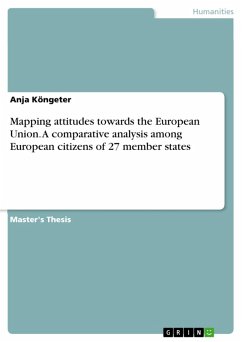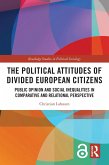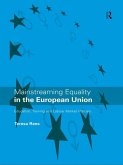Master's Thesis from the year 2014 in the subject Sociology - Culture, Technology, Nations, grade: 2.0, University of Heidelberg (Institute of Sociology), language: English, abstract: The European Union's growing range of competences increases the degree of required societal support among the member states' citizens. This study intends to 'map' national attitudes towards the EU and to deduct their political implications. Therefore, the concepts of i) identification with the EU and ii) support of the EU are combined within a matrix of four ideal types. Individuals are assigned to these four ideal types: the 'EU-Enthusiasts', the 'EU-Pragmatics', the 'sceptical EU-Idealists', and the 'EU-Opponents'/'EU-Non-affected'. In this master thesis it is claimed that the population share of the two 'mixed' ideal types - mostly neglected in the literature - provide essential insight into national attitude towards the EU: 'sceptical EU-Idealists' identify themselves as citizens of the EU but are critical towards its politics; on the other hand, 'EU-Pragmatics' support the EU's politics but do not identify with its institutions or its community.
Dieser Download kann aus rechtlichen Gründen nur mit Rechnungsadresse in A, B, BG, CY, CZ, D, DK, EW, E, FIN, F, GR, HR, H, IRL, I, LT, L, LR, M, NL, PL, P, R, S, SLO, SK ausgeliefert werden.









